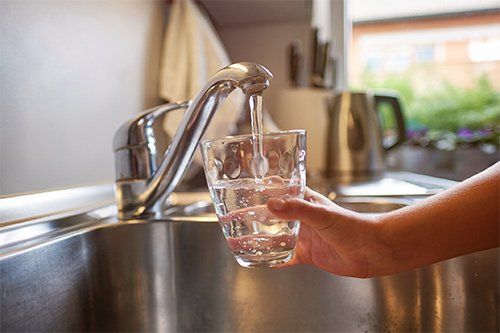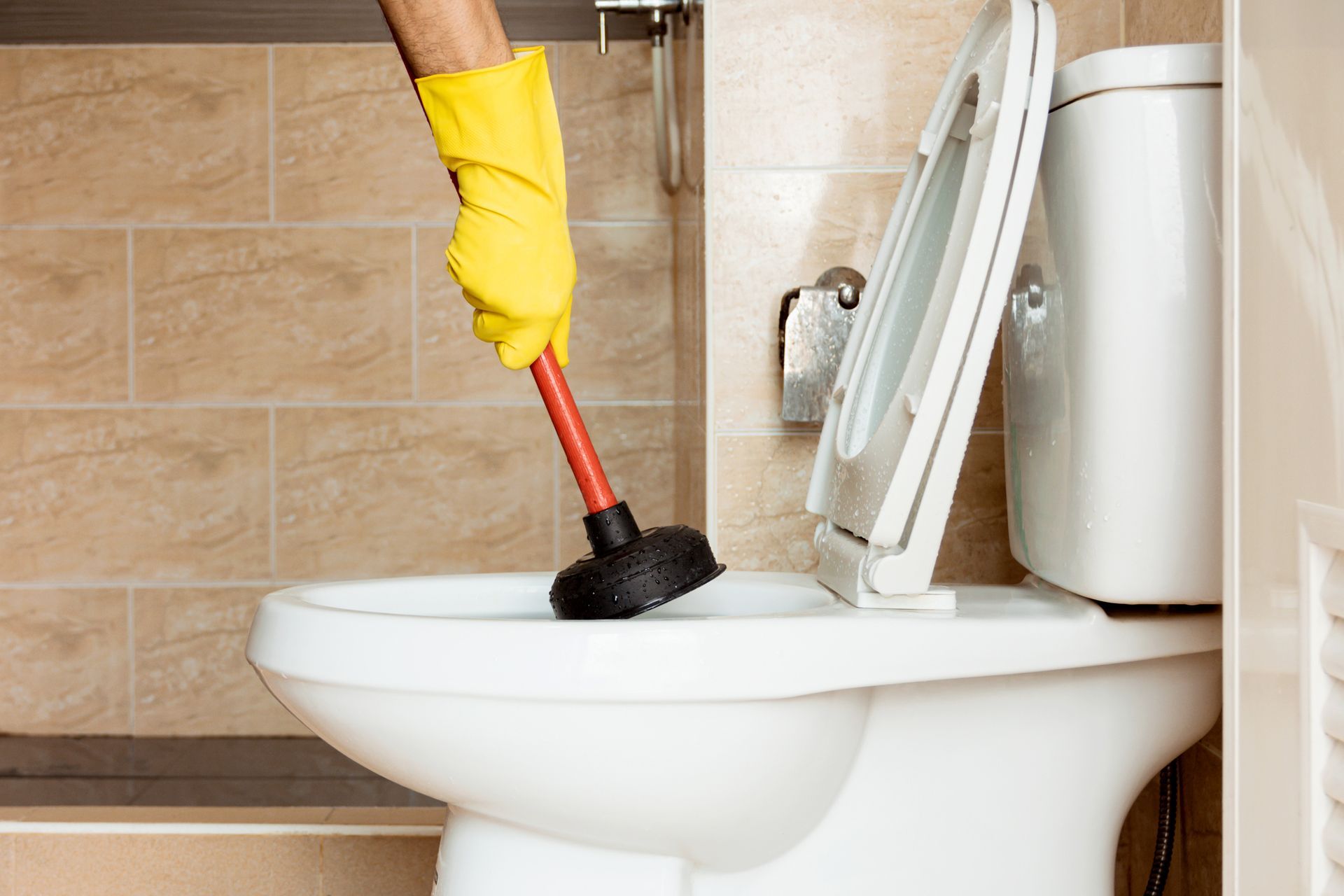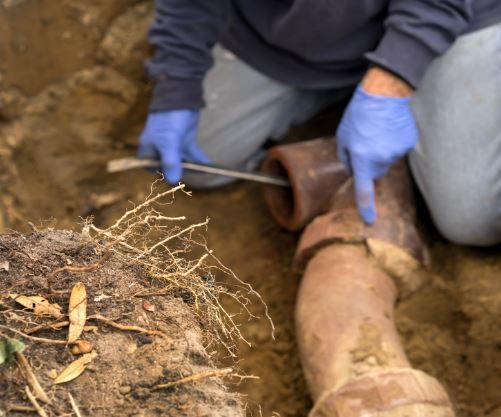Understanding Hard Water
- By Admin
- •
- 10 Apr, 2019
- •

Have you heard somebody talk about the hard water in your region? You might hear homeowners around you complaining about the quality of water in your town, prompting you to wonder about the plumbing in your own home. After all, hard water sounds like a scary problem.
Fortunately, you can deal with hard water. But first, you have to learn more about it.
How Do You Know Your Home Has Hard Water?
Spotting some common signs will tell you if your home has hard water. If the taste of the water doesn't throw you off, it might take a while for you to notice some of the issues that arise when you try to clean your home.
First, you might notice that your faucets and handles have built up a white or yellow substances. Stains might even look like strange rust spots, and they can be difficult to remove without some elbow grease.
Next, you may notice water spots on your dishes after you've washed them. Many people initially think this is a problem with the dishwasher, but it's often the water itself, evaporating and leaving behind calcium deposits on your freshly washed dishes.
Many people notice that soap remains in the washer after they do laundry. In some cases, their clothes don't really feel clean. You might think you are dealing with soap scum caused by your washer, but the likely culprit is the minerals in the water.
You might even notice the changes on your body. For instance, you might wash your hair but notice it still feels a bit slimy afterward, or your skin might feel itchy.
Is Hard Water Safe to Drink?
In sum, yes. Hard water is not necessarily unsafe, especially since the minerals commonly found in it are magnesium and calcium. The main reason why people do not want hard water is because of the damage it can cause to plumbing, which can lead to costly repairs. Hard water might also taste a bit different if you're not used to it, but the taste is not necessarily bad.
What Does Hard Water Do to Plumbing?
The main problem with hard water is the fact that minerals can build up inside your pipes, restricting water flow. This restriction contributes to clogs and puts more stress on your pipes, prompting you to call the plumber more often than you'd like.
Unfortunately, hard water can also damage appliances like dishwashers, water heaters, and coffee makers. Your ice maker might have so much calcium built up inside that it simply stops working or works less efficiently. You may also notice that your appliances wear down more quickly.
Consequently, hard water is not good for your pocket book. If you don't want to call the plumber to fix problems frequently, you need to resolve the problem as quickly as possible.
What Can You Do About Hard Water?
Water softening systems can remedy the hard water problem by replacing minerals with sodium ions. Alternatively, water conditioning can help with mild hard water issues, creating softer water that is easier on your appliances.
But first, you need to talk to a plumber and discuss having your water tested. A plumber can assess the level of scale buildup on your fixtures as indicator of whether you have hard water. The test is often quick and simple.
Peter Piper's Plumbing & Drain Cleaning Service is experienced with handling plumbing issues like yours. Call our professional plumbers today to discuss the possibility of hard water in your pipes. Fixing the problem may be simpler than you think, and we're here to help you get to the bottom of the issue and find a solution.





